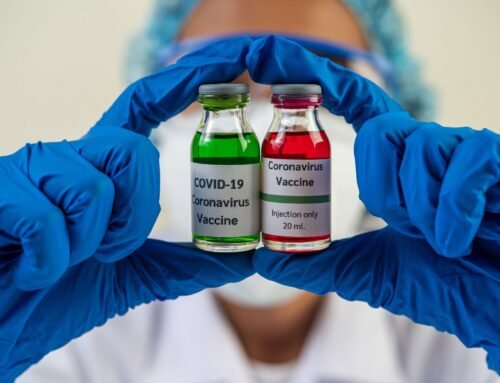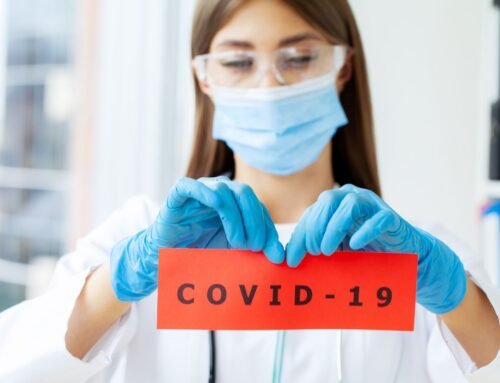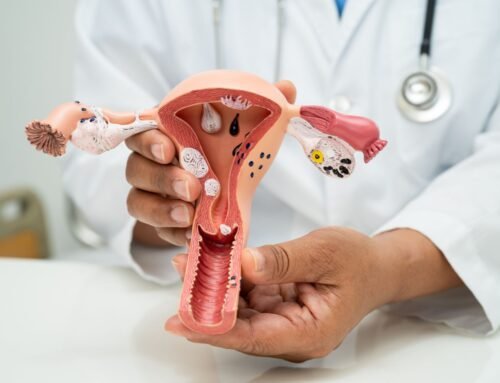School physicals are a crucial aspect of healthcare and play a vital role in ensuring the well-being of students in Rocky Mount, NC. These routine medical examinations are of utmost importance as they evaluate a student’s physical health, identify any underlying medical conditions, and monitor their growth and development.
By conducting school physicals, healthcare professionals can detect and address any health issues early on. This enables timely interventions and prevents potential complications that may impact a student’s academic performance or overall health. Regular school physicals also help in promoting a healthy lifestyle, emphasizing good hygiene practices, immunization updates, and providing necessary guidance on nutrition and exercise.
With a focus on providing reliable and expert healthcare services, Rocky Mount, NC takes school physicals seriously. Thereby, ensuring the safety and well-being of its student population.
Understanding School Physicals

Definition and Importance of School Physicals
School physicals, often referred to as pre-participation physical examinations (PPE), are comprehensive assessments that evaluate a student’s fitness to participate in school activities, especially sports. These exams are important as they ensure students students can handle the physical demands of school life and extracurriculars.
During a school physical, a healthcare provider will review the student’s medical history, conduct a physical examination, and update necessary immunizations. The importance of school physicals lies in their proactive approach to health. They can uncover health issues that might limit participation or require treatment.
By identifying these concerns early, interventions can be implemented promptly. Thereby, giving students the best chance at success both in and out of the classroom. Additionally, these physicals are an opportunity for healthcare providers to discuss healthy lifestyle choices with students. Thus, laying the foundation for a lifetime of wellness.
The Role of School Physicals in Children’s Health
School physicals play a significant role in monitoring and promoting children’s health. These exams are pivotal in early detection of potential health problems, ranging from vision and hearing issues to more serious conditions like heart defects or scoliosis. By catching these issues early, treatment can begin sooner, which often leads to better outcomes.
Moreover, the physicals are crucial in managing chronic conditions, such as asthma or diabetes, ensuring that children receive appropriate accommodations at school. They also serve as checkpoints for a child’s development, tracking growth patterns and developmental milestones.
Health education is another aspect. During the visit, healthcare providers can impart valuable information about injury prevention, nutrition, and physical activity. This guidance is vital as it encourages children to lead healthier lifestyles. Thus, reducing their risk of chronic diseases and supporting their overall well-being. Thus, school physicals are not just a formality but a fundamental component of children’s health care.
Deep Dive: School Physicals in Rocky Mount, NC

Facts and Statistics about School Physicals in Rocky Mount, NC
In Rocky Mount, NC, school physicals are a priority with a large number of students undergoing these evaluations annually. Data suggests that over 90% of schools in the area enforce a strict policy requiring physicals for participation in sports and other physical activities. The area has seen a steady increase in compliance with these policies, reflecting the community’s commitment to student health. Studies also indicate that through these physicals, approximately 2% of students are identified with a condition that requires further medical attention, highlighting the critical role of these exams in preventive healthcare.
In addition to identifying health issues, Rocky Mount’s approach to school physicals emphasizes the importance of continuous health maintenance. The rate of follow-up visits after initial physicals exceeds the national average. Thus, demonstrating the city’s dedication to not only identifying but also addressing student health concerns.
Such commitment to school physicals reflects Rocky Mount’s broader goal of fostering a healthy, thriving youth community.
Local Resources for School Physicals
Rocky Mount, NC, offers a variety of resources for families seeking a school physical. The local health department provides low-cost physicals to ensure that all students have access, regardless of their financial situation.
Additionally, there are several clinics and pediatric practices throughout the city that specialize in school physicals. These clinics offer convenient appointment times to accommodate busy family schedules.
For uninsured or underinsured families, community health centers operate on a sliding fee scale. This making it possible for every child to receive the necessary examinations.
Schools in Rocky Mount often partner with local healthcare providers to organize on-campus physical examination days, ensuring easy access for students.
Furthermore, the city’s robust network of healthcare professionals ensures that referrals for follow-up care are seamless, should any issues be identified during the physical.
This comprehensive system illustrates Rocky Mount’s dedication to the health and wellness of its young residents.
The Procedure: What to Expect During a School Physical

Preparing your child for the School Physical
Preparing your child for a school physical can help make the process smoother and less stressful for both of you.
First, it’s important to gather any necessary paperwork, including a medical history form and a list of any medications your child is taking.
Discussing what will happen during the appointment can also ease any concerns your child might have. Explain that the healthcare provider will check their height, weight, eyes, ears, and other parts of the body to ensure they are healthy and ready for school activities.
Encourage your child to be open and honest with the healthcare provider about any issues they’re experiencing, such as pain during exercise or difficulty seeing the board in class.
Lastly, make sure your child gets a good night’s sleep before the exam and eats a light meal if the physical is scheduled during the day. This preparation can help ensure an accurate assessment during school physicals.
The Physical Examination Process
During a school physical, the examination process is thorough yet straightforward. The healthcare provider will start by reviewing the child’s medical history, assessing any past injuries, conditions, or surgeries that could affect their participation in school activities.
Next, the provider will measure vital signs, such as blood pressure and heart rate. The physical exam includes evaluating the child’s height and weight, checking their vision and hearing. It also includes assessing their musculoskeletal system to ensure that their joints and bones are developing normally.
The provider will also listen to the heart and lungs, looking for any signs that could indicate underlying health issues.
For students participating in sports, the exam may include a fitness assessment. This assessment gauges their ability to safely engage in physical activity.
Parents should remember that school physicals is a preventive measure. It is also an opportunity to discuss any health concerns with a professional.
Discussion and Follow-up Measures
After the physical examination, the healthcare provider will discuss the findings with both the child and the parent. This discussion is a critical component of school physicals, as it offers a chance to address any concerns that may have arisen during the exam. If any health issues are identified, the provider will recommend follow-up measures. These may include additional tests, referrals to specialists, or a plan for treatment or monitoring.
Parents should use this time to ask questions about their child’s health, development, and safety in school-related activities. It’s also the right moment to discuss preventive health measures, such as proper nutrition, adequate sleep, and regular physical activity.
If the child is cleared with no issues, the provider will usually sign a form indicating they are fit to participate in school activities. Keeping a copy of this form and any other provided health documents is important for school records and future healthcare needs.
Share This Story, Choose Your Platform!
Let’s Stay In Touch
Let’s Stay In Touch
Subscribe to the Gam-Med’s newsletter to stay in the know of changes, events, new policies and procedures.




